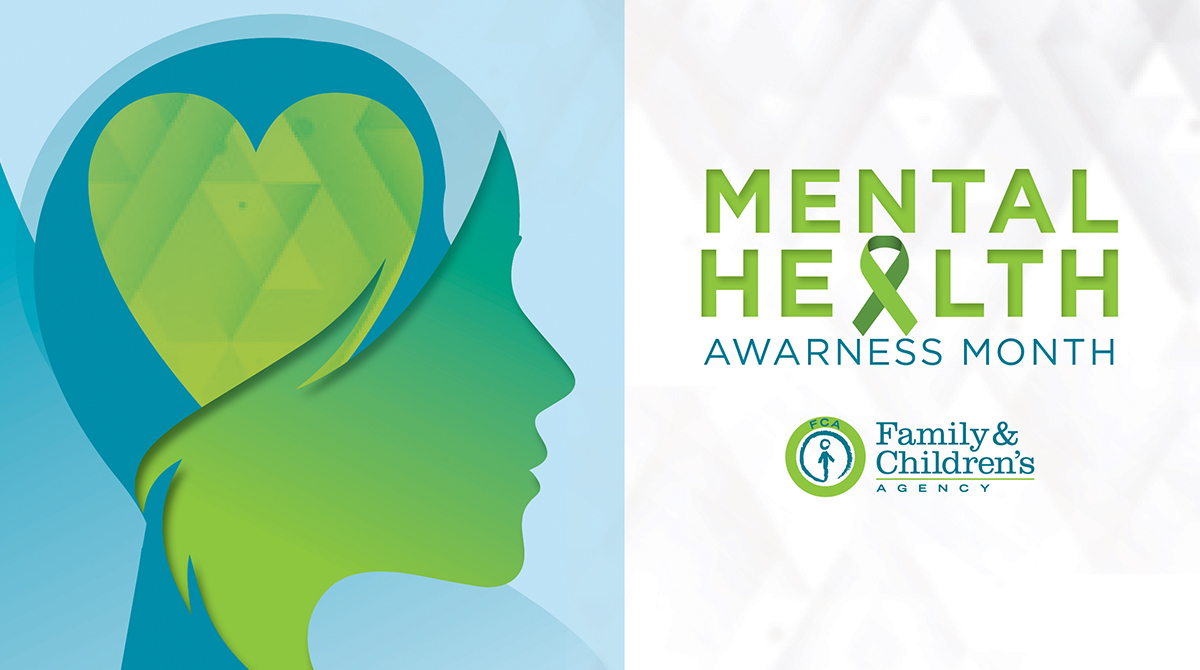
This blog was written by FCA’s Director of Behavioral Health Jessica Vivenzio, LCSW.
Routines are something many of us consider to be sacred; we protect them with all we have because they can be what help us to feel grounded and in control. They can also be unique to us and our families and support connections between all of a family’s different members.
For adults, routines can help us to manage stressors, keep healthier sleep patterns, be active, and even stay engaged with friends and our community. All of these benefits of keeping a routine are similar for kids as well, and being able to predict some of the important things in their lives is developmentally supportive for their ever-growing brains. Structure and routines can help kids learn how to regulate their emotions, tolerate distress, and communicate their needs.
As we all know, sometimes life happens and things get in the way of the routines we have worked so hard to establish: practices get canceled, friends get sick, and parents separate or divorce.
It is important to remember that if a child’s parents decide that they have grown apart and being together is no longer a healthy option, routine, structure, and predictability can still exist within the family system even if it may look a little different. It’s entirely normal for kids to resist such a significant change in their life and the new structure may take some getting used to, the same way it may have taken weeks or months for your child to learn they need to brush their teeth every night or that they can sleep in on weekend mornings.
Regardless of the reasons for the separation or divorce, it is likely that both parties will be feeling some big emotions, and this is the case for the kids impacted as well. While no longer living with one parent may be one direct outcome relating to the split, indirect outcomes related to parental stress and financial stress can also have an impact on all members of the family.
One of the most important ways to help children navigate a significant shift in their family structure or routine is for parents to take care of themselves first. If adults are feeling validated and supported they will show less signs of stress and be able to manage emotions more effectively which can lead to less disruption for kids. While this is much easier said than done, the famous airplane mask saying applies here: you can’t help anyone else if you don’t put your mask on first.
While working to identify supports for oneself during a transition, adults can also look to find additional support for children through other healthy and supportive adults, peer and community connections, and therapy.
To meet a growing need in the community for peer support for kids between the ages of 6 and 12, FCA’s behavioral health department has established a new group that will begin on June 6. This group will bring together kids and tweens of this age group who have experienced any type of disruption in their family system, including but not limited to:
While engaged in this group, members will learn how to identify their emotions, understand their feelings, learn what defines a “family” and what can disrupt a family system, learn distress tolerance and self-regulation skills, and strengthen their self-esteem. We are currently enrolling new members for this group, which runs from 5pm-6:30pm the first Tuesday of every month.
In addition, we are holding a Virtual Conversation about Family Disruption: Supporting Children Through Separation or Divorce, on June 6 at noon. Update: Registration Closed.